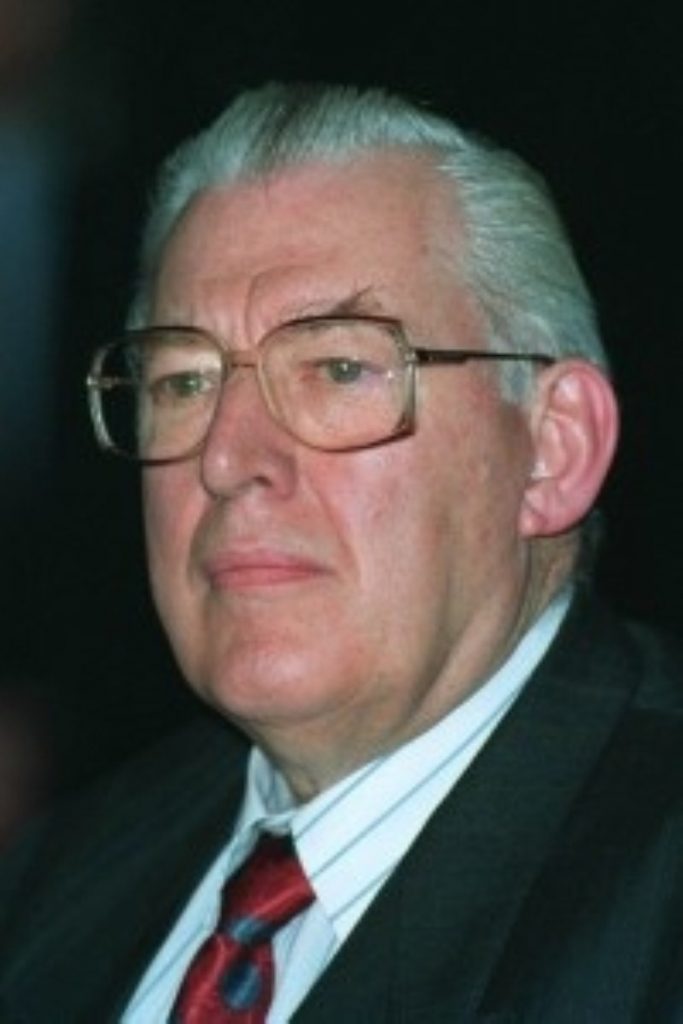Paisley rejects first minister nomination
Ian Paisley has rejected a nomination by Sinn Fein president Gerry Adams to become the first minister of Northern Ireland.
The offer was made during a session at the Stormont assembly this afternoon, but the Democratic Unionist party (DUP) leader responded with a brief “certainly not”.
The 108 members of the Northern Ireland assembly had gathered for their first vote on a new government for the province, just a week after taking their seats for the first time since proceedings were suspended in October 2002 over allegations of an IRA spy ring.
Mr Paisley’s refusal was widely expected – although he has a right to the top job as leader of the biggest party in Northern Ireland, he has refused to share power with Sinn Fein.
He believes the nationalist party still has far to go in proving it is committed to the peace process, and has refused to accept reassurances, even from the independent commission on decommissioning, that the IRA has given up their armed struggle for good.
Speaking ahead of today’s vote, Mr Adams indicated he would try again with his nomination, which included a call for Sinn Fein’s chief negotiator, Martin McGuinness, to be elected as deputy first minister.
“If my motion on Monday is unsuccessful we will seek to return to this business at the earliest possible time,” he said last night.
“Understandably there is a lot of scepticism about whether Ian Paisley will ever lead his DUP into the executive with the rest of us.
“I think everyone who is committed to the Good Friday agreement should suspend our scepticism and make a good faith effort to get the executive up and running.
“If Ian Paisley does not play his part then its over to the [British and Irish] governments to get rid of the assembly and to proceed with all other aspects of the agreement.”
Mr Adams rejected suggestions that the nomination was “a stunt” – while Sinn Fein was still “deeply opposed” to the policies and politics of the DUP, he said it recognised “and respect[ed]” the party’s electoral mandate.
Members of the Northern Ireland assembly have been given until November to choose a government, after which their allowances and salaries will be stopped and direct rule imposed on the province for the foreseeable future.
The DUP has insisted it will not form a government with Sinn Fein, and wants the assembly to be simply a debating chamber, leaving decision-making power with Northern Ireland secretary Peter Hain.
However, Sinn Fein has dismissed this situation as unacceptable, and warned that its only aim at the assembly for the next six months is to choose a government.





-01.png)